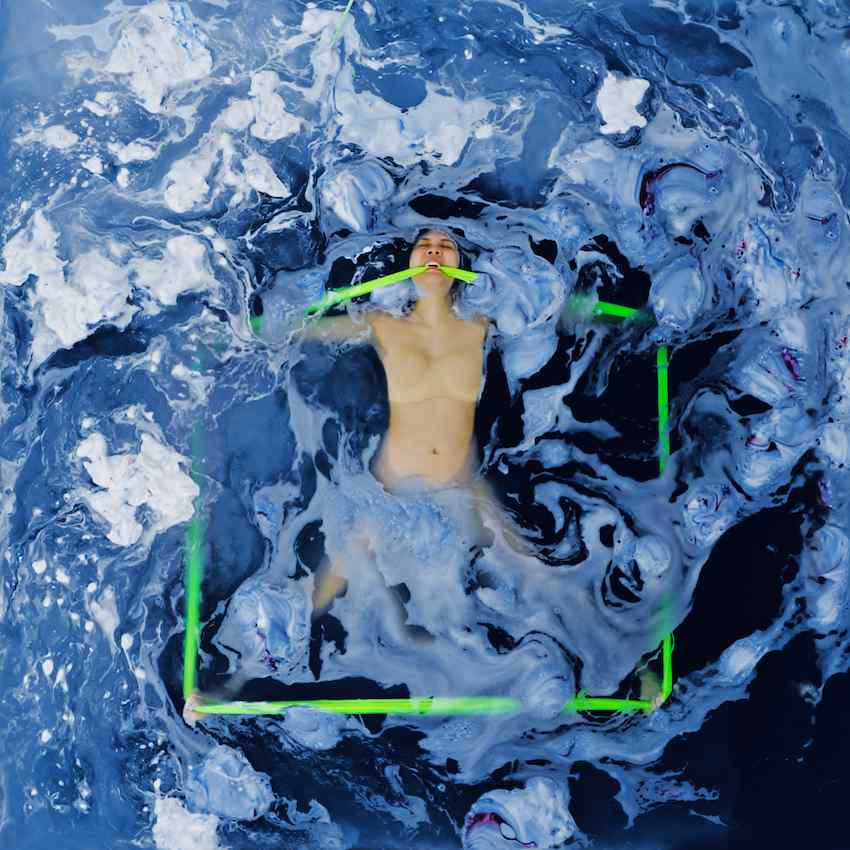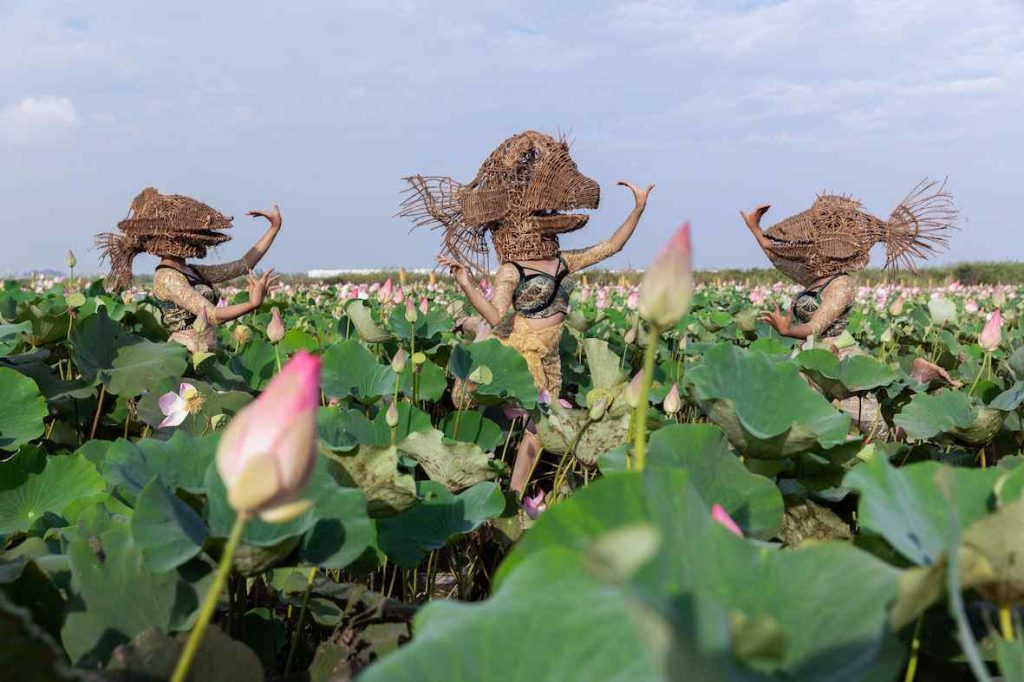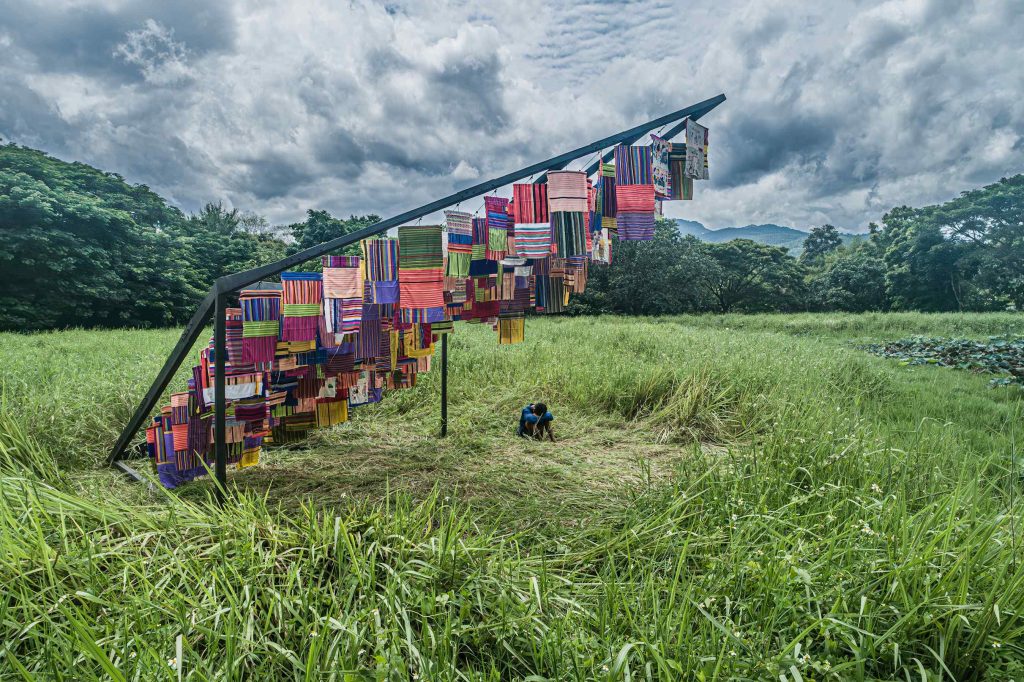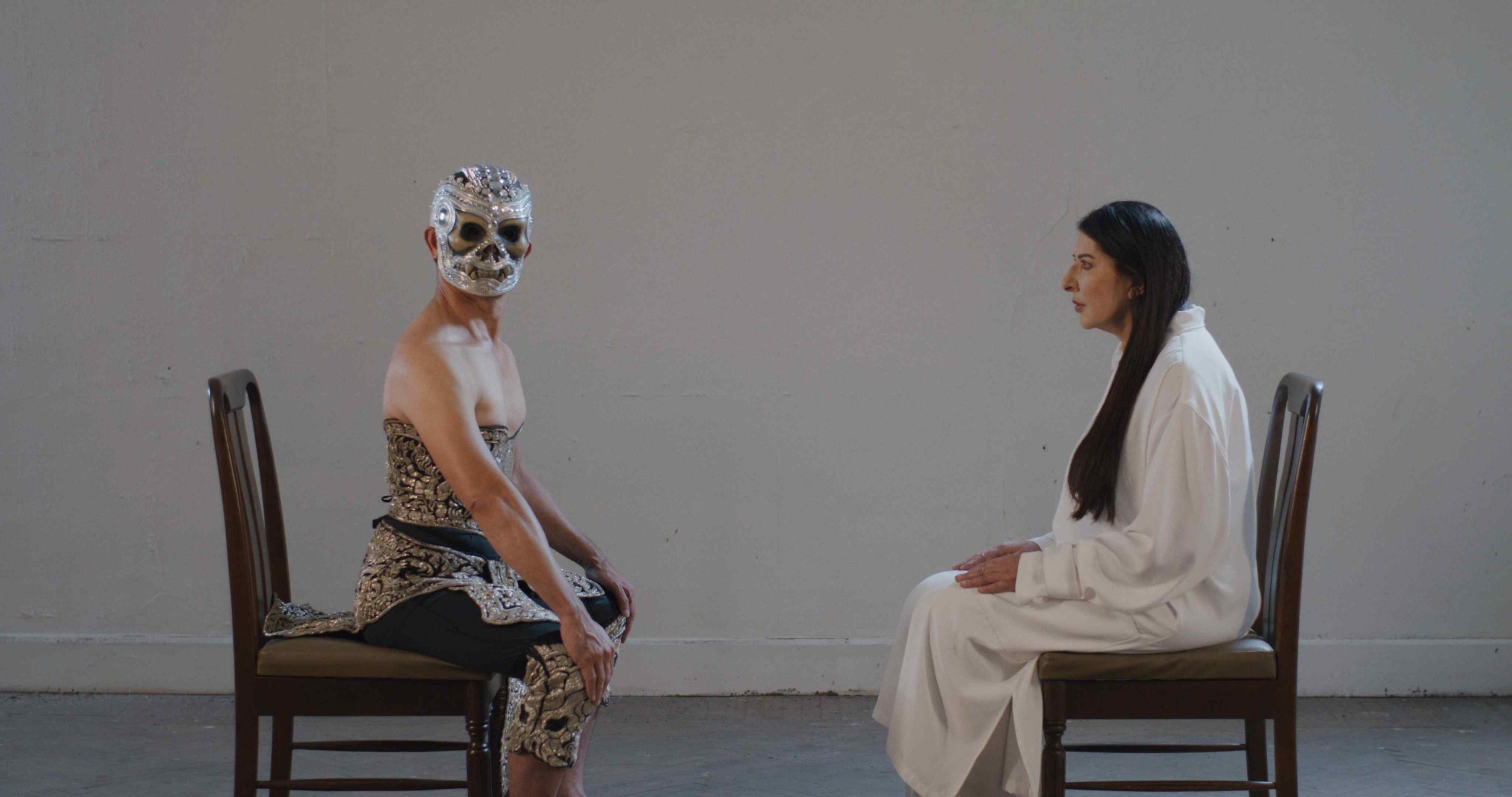The Spirits of Maritime Crossing
The Bangkok Art Biennale (BAB) Foundation
20th April to 24th November 2024
Palazzo Smith Mangilli Valmarana, Venice
The Bangkok Art Biennale (BAB) Foundation presents The Spirits of Maritime Crossing, a group exhibition by artists from Southeast Asia examining the themes of displacement, diaspora, and colonialism through the lens of the ocean curated by Prof. Dr. Apinan Poshyananda, Artistic Director of Bangkok Art Biennale. The exhibition is co-hosted by One Bangkok and is on view from 20th April to 24th November 2024 at Palazzo Smith Mangilli Valmarana, Venice, which has not been accessible to the public for 11 years.

Courtesy of the Artist and Nova Contemporary
Spanning a range of mediums including painting, sculpture, mixed media and video installations and featuring fifteen artists from Cambodia, Indonesia, Laos, Myanmar, Malaysia, The Philippines, Singapore, Vietnam and Thailand, The Spirits of Maritime Crossing addresses complex realities, diverse cultures and histories of the region, contrasting them with Western narratives in Venice. Highlights include a film directed by Prof. Dr. Apinan Poshyananda, featuring the acclaimed performance artist Marina Abramović and Thai dance artist and choreographer Pichet Klunchun; films such as Calling for Rain by Khvay Samnang; Hunting & Dancing: 15 years by Moe Satt; There’s no Place by Jakkai Siributr; The Sea is a Blue Memory by Priyageetha Dia and many more works across a range of mediums.
The Spirits of Maritime Crossing is a journey from Southeast Asia to Venice through cultural and diasporic experiences — viewed through the eyes of those away from their homeland, both physically and spiritually. Southeast Asian artists share many similarities, while also differing in terms of their ethnicities, religions, and languages, which can sometimes create a sense of foreignness among them. The legacy of these nations is evident in the so-called ‘cultural hybrids’ — refugees, immigrants, and stateless people.

Courtesy of The Bangkok Art Biennale (BAB) Foundation
ABOUT THE EXHIBITION
Set in a historic Venetian palazzo located in the Cannaregio district overlooking the grand canal, The Spirits of Maritime Crossing reflects on topical conversations from the Global South, from the effects of colonialism and wars on communities across Southeast Asia, through spirituality and indigenous presence in the region, to the importance of nature.
The presentation builds upon the region’s local voices and narratives, its history as a significant meeting point of cultures and trade and draws from its geographical relationship with the bodies of water that surround it.
Western Influences and colonial histories
Works on view will include a new film titled ‘The Spirits of Maritime Crossing’, directed by curator Prof. Dr. Apinan Poshyananda featuring Marina Abramović, marking her acting debut alongside contemporary Thai dance artist Pichet Klunchun, that explores spirituality and relationships between West and East. Abramović assumes the role of a wandering spirit that travels from Venice to Bangkok, through unfamiliar lands, in search of peace and fulfillment.
During the journey, the spirit encounters priests, talismans and a character named Monkey King, played by Klunchun, who assists the spirit’s navigation. The work draws parallels between Venice and Bangkok, with the latter being widely known as “Venice of the East” dating back to centuries past and referencing the city’s intricate and extensive network of canals.

The Bangkok Art Biennale (BAB) Foundation
The exhibition also features paintings and a bronze sculpture by Natee Utarit, who infuses his works with Buddhist philosophy and Western art history, conveying absurdities of East-West encounters. Alongside are metal sculptures by Bounpaul Phothyzan whose large metal sculptures, crafted using found bombshells that have been carved into, explore the historical impact of American occupation in Southeast Asia and the enduring wounds inflicted upon its people by American soldiers, documenting the region’s tumultuous past. A collaborative two-channel video installation by Chitti Kasemkitvatana and Nakrob Moonmanas is a dreamlike montage reflecting the parallel worlds of Italy and Siam and highlighting their multitude of languages and cultures.
Jompet Kuswidananto’s installation of shattered chandeliers examines the painful history of colonization, with a focus on missionary work across Indonesia, using shards of glass to symbolize broken vessels and shattered dreams. Alwin Reamillo’s mixed media, multi-faceted work utilizes found objects and assemblages to reveal layers of colonialism and Christian iconography in the Philippines and its influence on migration and globalization. The artist’s work presents the 14 Stations of the Cross, a Catholic devotion that commemorates Jesus Christ’s last day on Earth as a man.
Land, Ancestry and Spirituality
Many of these works portray indigenous histories and voices, while commenting on the environmental impact of colonialism. Khvay Samnang’s video work examines hegemony and deforestation in Cambodia in a story of local worship inspired by Ramayana, an ancient poem. Yee I-Lann’s film depicts a collaboration with weavers and local sea-based communities to revive ancestral knowledge and celebrate maritime and indigenous histories in Malaysia.
Jakkai Siributr uses textiles to provide commentary on ethnic cleansing in the region, through intricate embroideries created together with asylum seekers. Performance artist Moe Satt uses his body as a space of identity and estrangement to suggest survival of sectarian violence in his homeland of Myanmar.
Priyageetha Dia’s video of the deep sea examines ancestral migratory movements from India to the Malay Peninsula. Kawita Vatanajyankur creates a performance with foamy blue dye to highlight female labor in the patriarchal society and the role of water in the context of femininity and the textile industry. Finally, Truong Cong Tung shows an installation of gourds that draw upon mystical ritual and indigenous mythologies.
The Spirits of Maritime Crossing opens on the 20th of April until the 24th of November 2024 at Palazzo Smith Mangilli Valmarana, Venice
©2024 The Bangkok Art Biennale (BAB) Foundation





